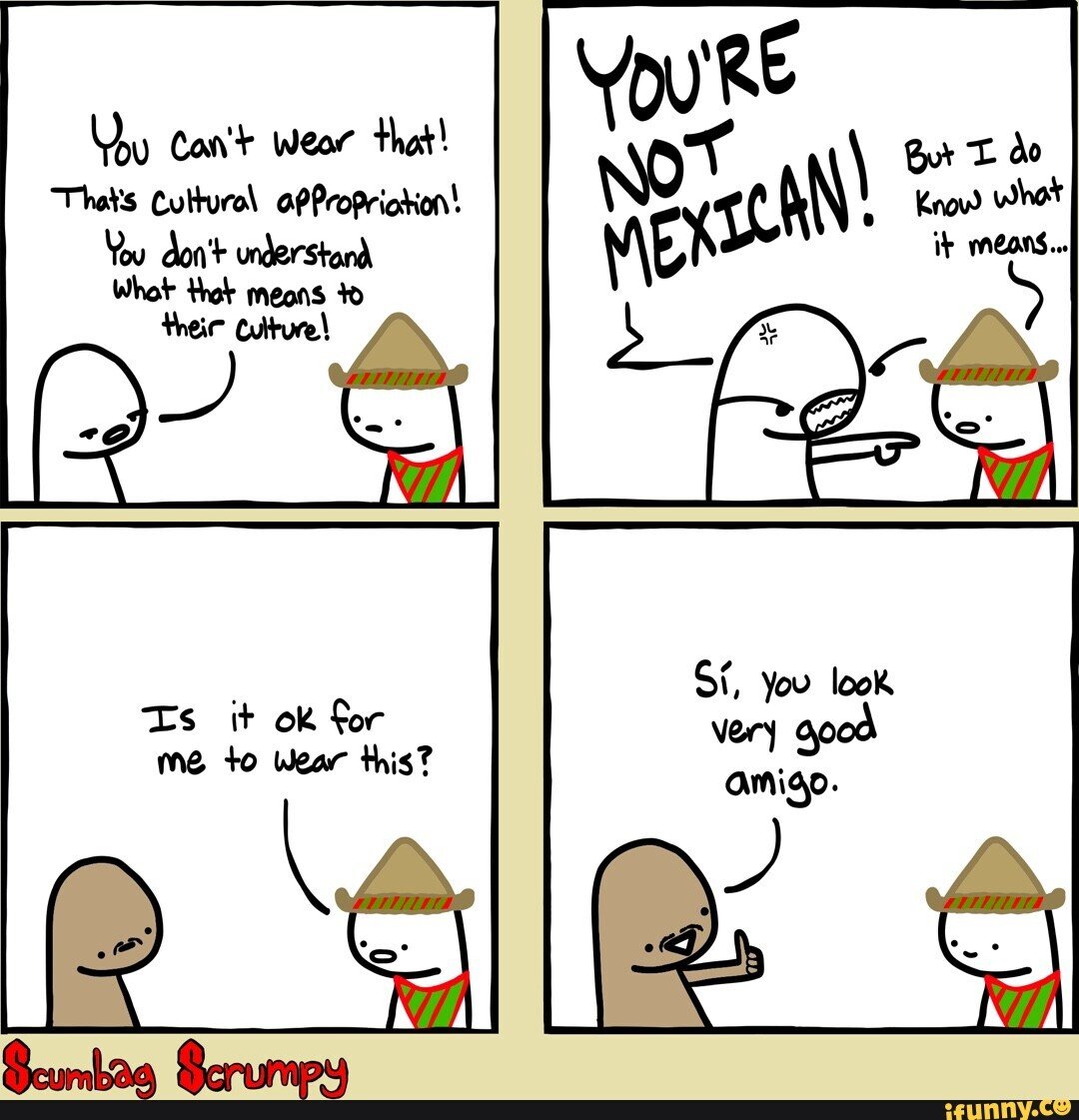this post was submitted on 14 Jan 2025
941 points (90.0% liked)
Comic Strips
13553 readers
4437 users here now
Comic Strips is a community for those who love comic stories.
The rules are simple:
- The post can be a single image, an image gallery, or a link to a specific comic hosted on another site (the author's website, for instance).
- The comic must be a complete story.
- If it is an external link, it must be to a specific story, not to the root of the site.
- You may post comics from others or your own.
- If you are posting a comic of your own, a maximum of one per week is allowed (I know, your comics are great, but this rule helps avoid spam).
- The comic can be in any language, but if it's not in English, OP must include an English translation in the post's 'body' field (note: you don't need to select a specific language when posting a comic).
- Politeness.
- Adult content is not allowed. This community aims to be fun for people of all ages.
Web of links
- [email protected]: "I use Arch btw"
- [email protected]: memes (you don't say!)
founded 2 years ago
MODERATORS
you are viewing a single comment's thread
view the rest of the comments
view the rest of the comments

So is every company making and marketing tortilla chips and salsa appropriating culture if they are from New York City? Is every pizzeria that isn't in Italy profiteering off of Italian culture? Is a French Bistro in Kansas City wrong? Is it wrong to wear a Scottish Kilt made in Viet Nam?
I think each of the described situations has a different specific answer because the topic is nuanced. As stated above, it can sometimes to be messy to say who owns some piece of culture. But beyond that, the most useful tool is an examination of socioeconomic power dynamics.
If there is a cultural group that is poor, and an outsider from a rich/wealthy group commodifies and sells their culture, while giving nothing to those people, you'd probably agree that that's a shitty thing to do. Their culture obviously had some kind of material wealth value that they received none of.
However, if you take a situation where both parties are well off it seems a lot less shitty. Especially if the cultural group in question is already commodifying and profiting off the same piece of culture.
If you can't unravel the knot of cultural ownership, then does anyone really own it? It would appear to me that "everyone" owns it at that point and can partake in it freely and adapt it to their wants an needs. And no matter the culture, there is always socioeconomic disparities within that group. No matter how small or downtrodden they may appear to you. Someone is always going to be a little bit better off than you and someone else is always going to have a little more power than you.
So is Tostitos racist for not mailing checks to every Mexican person everywhere? Because they sure as hell are making bank selling those chips and Salsa to you. OMG! are YOU part of the problem?
Sorry for the double reply, but another useful perspective in this is derogation. I often forget this idea because I'm very class minded, but it's also very important. This is the idea that a culture can be profited off of while simultaneously despising the people that practice it. In practice, this exists as a business around a specific cultural item succeeding specifically because the business is NOT owned/operated by the original cultural group. Some of the best examples of this are around Black American culture in the US. Some cultural products were only valuable AFTER they were owned, operated, and proliferated by White Americans. Which is kinda just Racism Classic™ but allowing certain useful things to cross the cultural line for profits sake.